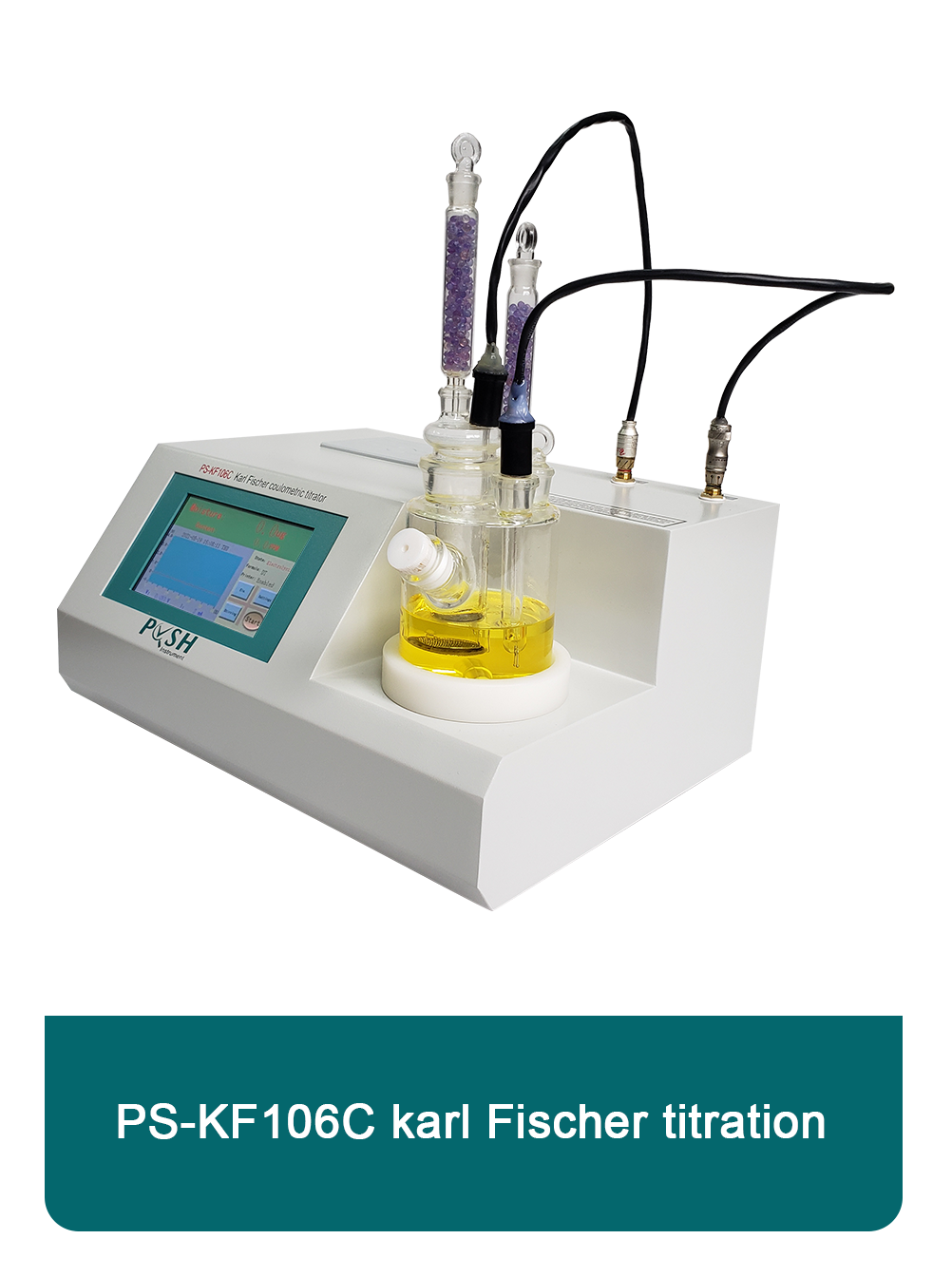 English
English



-
 Afrikaans
Afrikaans -
 Albanian
Albanian -
 Amharic
Amharic -
 Arabic
Arabic -
 Armenian
Armenian -
 Azerbaijani
Azerbaijani -
 Basque
Basque -
 Belarusian
Belarusian -
 Bengali
Bengali -
 Bosnian
Bosnian -
 Bulgarian
Bulgarian -
 Catalan
Catalan -
 Cebuano
Cebuano -
 China
China -
 China (Taiwan)
China (Taiwan) -
 Corsican
Corsican -
 Croatian
Croatian -
 Czech
Czech -
 Danish
Danish -
 Dutch
Dutch -
 English
English -
 Esperanto
Esperanto -
 Estonian
Estonian -
 Finnish
Finnish -
 French
French -
 Frisian
Frisian -
 Galician
Galician -
 Georgian
Georgian -
 German
German -
 Greek
Greek -
 Gujarati
Gujarati -
 Haitian Creole
Haitian Creole -
 hausa
hausa -
 hawaiian
hawaiian -
 Hebrew
Hebrew -
 Hindi
Hindi -
 Miao
Miao -
 Hungarian
Hungarian -
 Icelandic
Icelandic -
 igbo
igbo -
 Indonesian
Indonesian -
 irish
irish -
 Italian
Italian -
 Japanese
Japanese -
 Javanese
Javanese -
 Kannada
Kannada -
 kazakh
kazakh -
 Khmer
Khmer -
 Rwandese
Rwandese -
 Korean
Korean -
 Kurdish
Kurdish -
 Kyrgyz
Kyrgyz -
 Lao
Lao -
 Latin
Latin -
 Latvian
Latvian -
 Lithuanian
Lithuanian -
 Luxembourgish
Luxembourgish -
 Macedonian
Macedonian -
 Malgashi
Malgashi -
 Malay
Malay -
 Malayalam
Malayalam -
 Maltese
Maltese -
 Maori
Maori -
 Marathi
Marathi -
 Mongolian
Mongolian -
 Myanmar
Myanmar -
 Nepali
Nepali -
 Norwegian
Norwegian -
 Norwegian
Norwegian -
 Occitan
Occitan -
 Pashto
Pashto -
 Persian
Persian -
 Polish
Polish -
 Portuguese
Portuguese -
 Punjabi
Punjabi -
 Romanian
Romanian -
 Russian
Russian -
 Samoan
Samoan -
 Scottish Gaelic
Scottish Gaelic -
 Serbian
Serbian -
 Sesotho
Sesotho -
 Shona
Shona -
 Sindhi
Sindhi -
 Sinhala
Sinhala -
 Slovak
Slovak -
 Slovenian
Slovenian -
 Somali
Somali -
 Spanish
Spanish -
 Sundanese
Sundanese -
 Swahili
Swahili -
 Swedish
Swedish -
 Tagalog
Tagalog -
 Tajik
Tajik -
 Tamil
Tamil -
 Tatar
Tatar -
 Telugu
Telugu -
 Thai
Thai -
 Turkish
Turkish -
 Turkmen
Turkmen -
 Ukrainian
Ukrainian -
 Urdu
Urdu -
 Uighur
Uighur -
 Uzbek
Uzbek -
 Vietnamese
Vietnamese -
 Welsh
Welsh -
 Bantu
Bantu -
 Yiddish
Yiddish -
 Yoruba
Yoruba -
 Zulu
Zulu
distillation unit in lab
The Role of Distillation Units in Laboratory Settings
Distillation is a fundamental process used in laboratories for the separation of components in a mixture based on differences in their boiling points. This technique is essential in various fields, including chemistry, biochemistry, and environmental science, as it allows for the purification of liquids and the analysis of complex substances.
At the heart of this process is the distillation unit, a sophisticated apparatus designed for efficiency and precision. A typical laboratory distillation unit consists of several key components a boiling flask, a condenser, and a receiving flask. The boiling flask holds the mixture to be distilled, while the condenser cools the vapor generated during boiling, allowing it to condense back into liquid form. The receiving flask collects the separated components, which can then be analyzed or utilized for further experiments.
The Role of Distillation Units in Laboratory Settings
One of the most common types of distillation used in laboratories is simple distillation. This method is suitable for separating liquids with significantly different boiling points (generally over 25°C apart). However, in cases where the boiling points are closer, fractional distillation is employed. This technique uses a fractionating column that provides multiple vaporization-condensation cycles, enhancing the separation efficiency.
distillation unit in lab

In addition to simple and fractional distillation, there are other specialized techniques such as vacuum distillation and azeotropic distillation. Vacuum distillation lowers the pressure within the distillation unit, allowing liquids to boil at lower temperatures. This is particularly useful for heat-sensitive compounds that may decompose at higher temperatures. Azeotropic distillation involves adding an additional component to break an azeotropic mixture, enabling better separation of two components that would otherwise co-distill.
The importance of distillation units in laboratories cannot be overstated. They are indispensable for the purification of solvents, isolation of compounds, and even in the synthesis of complex molecules. For example, in organic chemistry, distillation is often a crucial step in the preparation of high-purity chemicals for further experimentation or industrial application.
Moreover, distillation units play a vital role in research and development, as they allow scientists to explore the properties of new substances and materials. Understanding how different compounds behave during distillation helps researchers optimize processes in pharmaceuticals, petrochemicals, and food production.
Maintaining and calibrating distillation units is essential for ensuring accurate results. Regular checks for leaks, ensuring proper functioning of the heating mantle, and calibrating thermometers are fundamental practices in laboratory protocols. Proper safety measures must also be observed, especially when dealing with flammable or toxic substances.
In conclusion, distillation units are a cornerstone of laboratory operations. Their ability to efficiently separate and purify liquids makes them invaluable to researchers and scientists. As technology advances, we can expect further innovations in distillation techniques that will enhance their capabilities and applications in various scientific fields. The continuous evolution of this essential process reaffirms its significance in both academic research and industrial applications, solidifying distillation's role as a vital tool in the laboratory arsenal.
-
Testing Equipment Industry Sees Major Advancements in 2025: Smart & Precision Technologies Lead the WayNewsJun.06,2025
-
Applications of Direct Current Generators in Renewable Energy SystemsNewsJun.05,2025
-
Hipot Tester Calibration and Accuracy GuidelinesNewsJun.05,2025
-
Digital Circuit Breaker Analyzer Features and BenefitsNewsJun.05,2025
-
Benefits of Real-Time Power Quality Monitoring Devices for Industrial EfficiencyNewsJun.05,2025
-
Earth Fault Loop Testing in High-Rise Building Electrical SystemsNewsJun.05,2025



